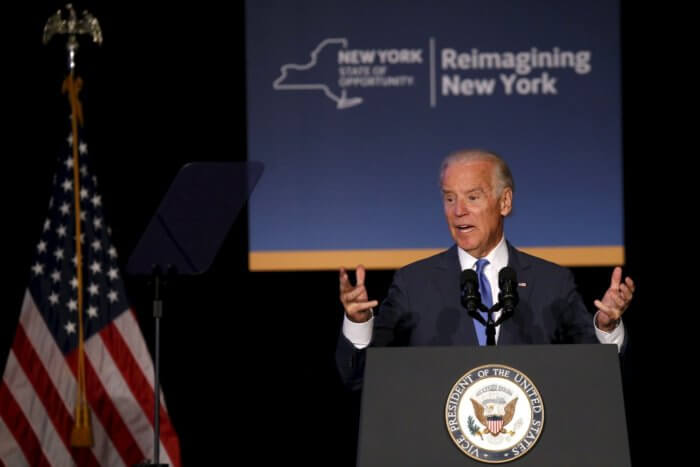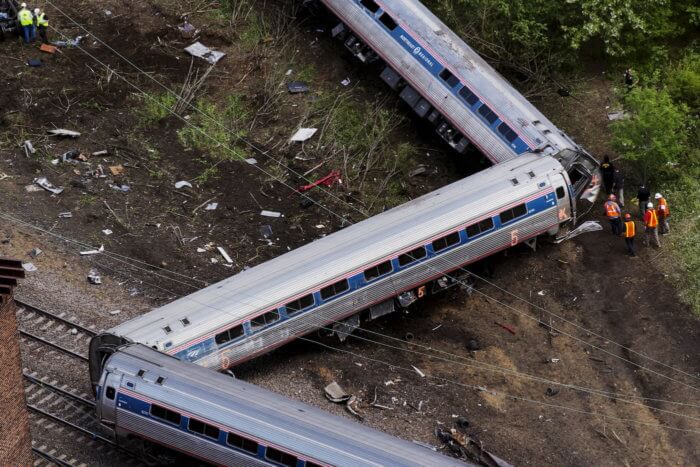By Megan Davies
NEW YORK (Reuters) – Investors and lenders to charter schools and the authorizers of those schools should communicate better in order to lessen the risk of making a poor investment or facing an unexpected school closure, according to a report released on Thursday. Of 393 charter school bond offering documents analyzed, only six used evaluation reports from authorizers detailing ongoing monitoring of a school, said the report, by community financing organization the Local Initiatives Support Corporation and the National Association of Charter School Authorizers (NACSA), which represents authorizers and sets standards. Instead, bond investors and underwriters typically use original charter authorizations which reflect goals rather than actual performance in meeting goals, said the report.
“One thing puzzling is that some lenders are looking at the original charter documents or they may be looking at newspaper articles but not at the summative reports that actually address performance,” said Nelson Smith, senior adviser at the NACSA. “For the lenders, the most obvious risk is making an investment in a school that doesn’t last very long,” he said. “You can mitigate that risk if there’s really good communication between the authorizer and the lender over the school’s current status, anything that will inhibit clear renewal of the charter and any underlying strengths and weaknesses.” The problem lies on both sides, although Smith said there was “a lot of frustration and skepticism” from lenders who sometimes resorted to filing Freedom of Information Act requests to obtain information from authorizers. Charter schools are public schools that operate independently and offer an alternative to schools run by the local school district. They are publicly funded but use private-sector lenders to fund buildings. Investors must assess one key risk of charter schools – that authorizers may fail to renew their charters and close them for either performance or financial reasons.
During 2013-2014, some 8 percent of charter schools were closed when their charters were up for renewal and reached the end of a term, while 3.2 percent had their charters revoked or suspended outside the renewal periods, the report said. “There has always been communication between lenders and authorizers generally,” said Smith. “We want it to be more fruitful and more efficient. Some of the stories about lender-authorizer communications betray a certain informality. While you want a friendly open relationship you need to know what the official record is saying and what decisions the authorizing body is making.” (Reporting by Megan Davies; editing by Matthew Lewis)































